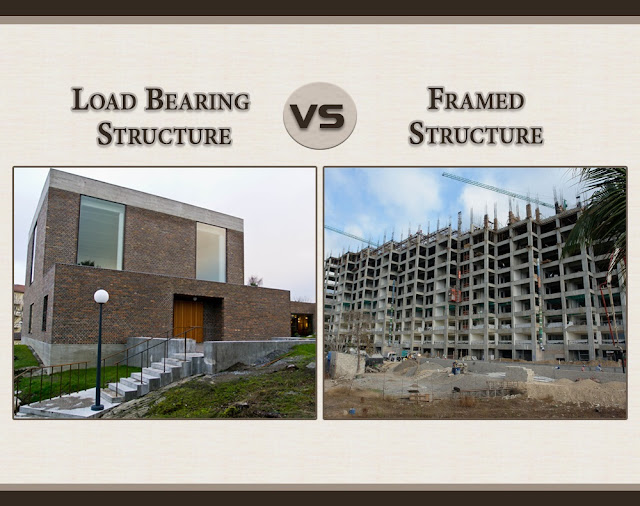Overview of the Construction Industry
This industry is responsible for designing, planning, constructing, and maintaining infrastructure that includes buildings, roads, bridges, tunnels, and more. As such, it plays a vital role in the economy and development of nations.
In this blog post, we'll take a closer look at the Construction Industry, its impact on society, and some frequently asked questions that are relevant to anyone interested in this field.
Overview of the Construction Industry
The construction industry comprises different players, including architects, engineers, builders, contractors, suppliers, and manufacturers. They work together to bring about the realization of various construction projects, ranging from residential to commercial buildings, bridges, highways, airports, and other critical infrastructure.
The construction industry is one of the largest and most significant industries globally, providing employment to millions of people worldwide. In the US alone, the industry employs over 7 million people, and it is projected to grow in the coming years.
Impact of the Construction Industry on Society
The construction industry plays a critical role in the development of society. It provides the necessary infrastructure that enables communities to function effectively, from transportation to healthcare and education. The construction industry also provides employment opportunities, directly or indirectly, to people across different demographics.
Furthermore, the construction industry contributes significantly to the economy of nations, both through job creation and GDP growth. It is a significant driver of economic growth, providing a multiplier effect in various sectors of the economy, such as manufacturing, transportation, and finance.
FAQs about the Construction Industry
Q: What is the role of an architect in the construction industry?
A: Architects are responsible for designing buildings and other infrastructure. They work closely with clients to develop designs that meet their needs while also adhering to building codes and regulations. They also work with engineers, contractors, and other professionals to ensure that the design is feasible and can be constructed safely and efficiently.
Q: What is the difference between a builder and a contractor?
A: A builder is typically responsible for the physical construction of a building or structure, while a contractor oversees the entire construction project. A contractor may hire builders and other subcontractors to complete different aspects of the construction project, such as plumbing or electrical work.
Q: What are some of the challenges facing the construction industry?
A: The construction industry faces several challenges, including rising costs of materials and labor, a shortage of skilled labor, and increased regulations and compliance requirements. The industry is also vulnerable to economic downturns and other external factors that can impact demand for construction services.
Q: How does technology impact the construction industry?
A: Technology has had a significant impact on the construction industry, from the use of drones for surveying and inspections to the use of building information modeling (BIM) to improve design and construction processes. Other technologies, such as augmented reality and virtual reality, are also being used to enhance the construction experience and improve safety.
Q: What are some of the emerging trends in the construction industry?
A: Some of the emerging trends in the construction industry include the use of prefabrication and modular construction methods, the adoption of green building practices, and the increased use of automation and robotics in construction. These trends are driven by a need for more sustainable, efficient, and cost-effective construction practices.
Conclusion
The construction industry is a critical sector that provides the necessary infrastructure for society to function effectively. From employment opportunities to economic growth, the industry plays a vital role in the development of nations. However, like any other industry, it faces its share of challenges and opportunities for growth and innovation.
As technology continues to evolve and new trends emerge, the construction industry is poised to adapt and transform in response to these changes. Whether you're an architect, builder, contractor, or simply interested in the field.




Comments
Post a Comment